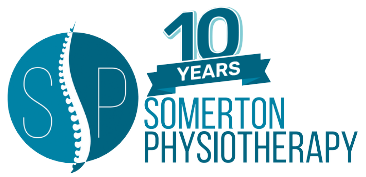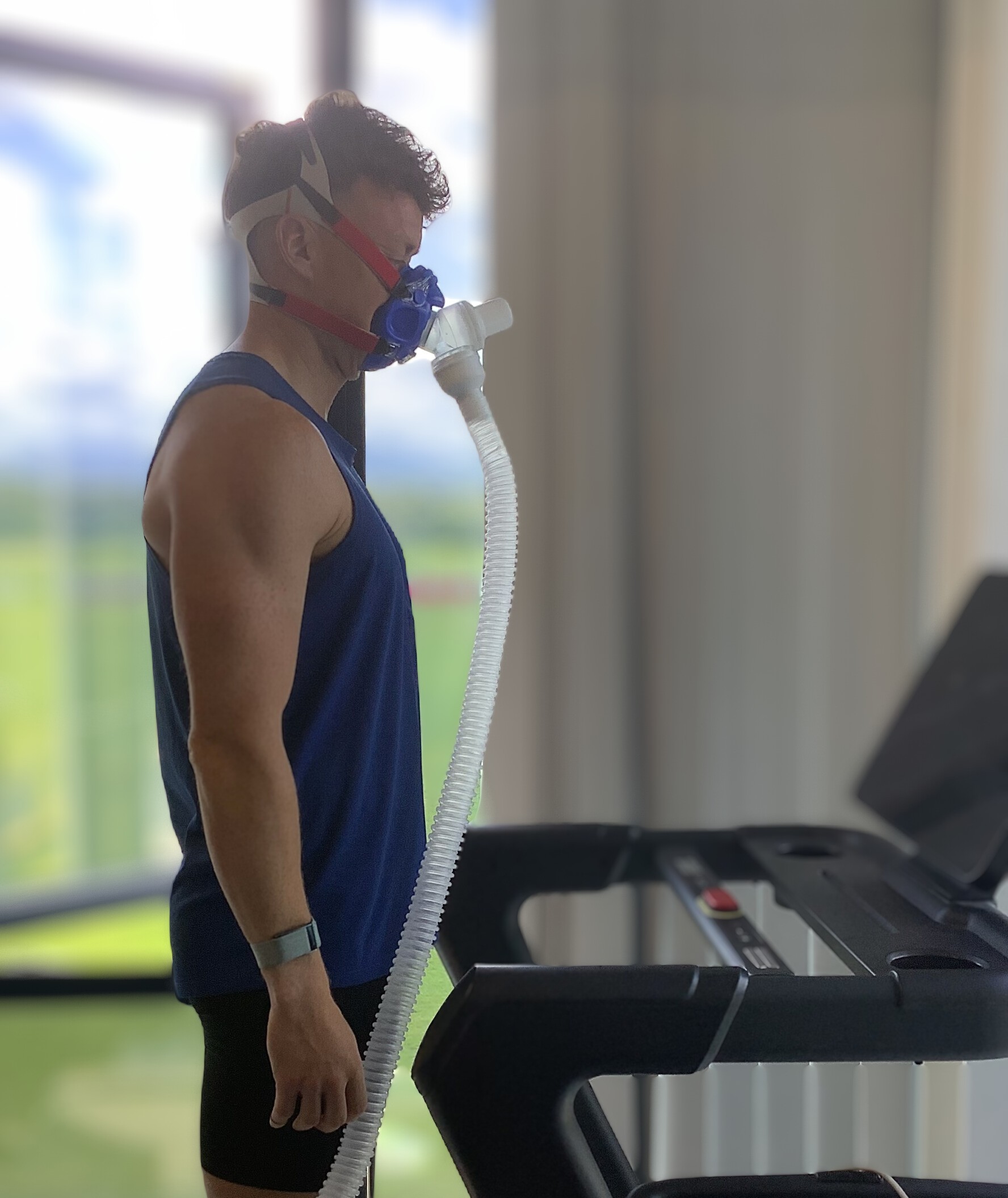
What is V0₂ Max and why does it matter?
VO₂ max is the maximum (max) volume (V) of oxygen (O₂) your body can use during exercise. It reflects how efficiently your heart, lungs, blood vessels, and muscles work together during physical activity. A higher VO₂ max is associated with better fitness, lower disease risk, and improved longevity.
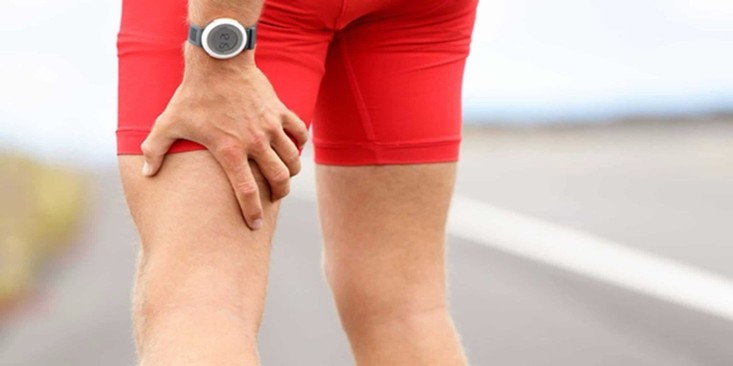
I have Hamstring pain, will Physiotherapy help?
Hamstring strains and tears are very common and most often happen due to a muscle overload or when the muscle is stretched beyond its capacity. It can be accompanied by an audible pop or pull feeling where the hamstring muscle lengthens as it shortens and tears. These tears will typically happen during explosive moves such as sprinting, jumping or lunging, but can also happen gradually during slower movements.
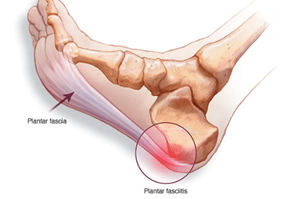
Physiotherapy For Plantar Fasciitis
Plantar Fasciitis is caused by inflammation of the plantar fascia which is a structure that connects your heel to your toes. It is reportedly the most common cause of pain in the heel and is estimated to account for 11-15% of all foot symptoms requiring physiotherapy care among adults.
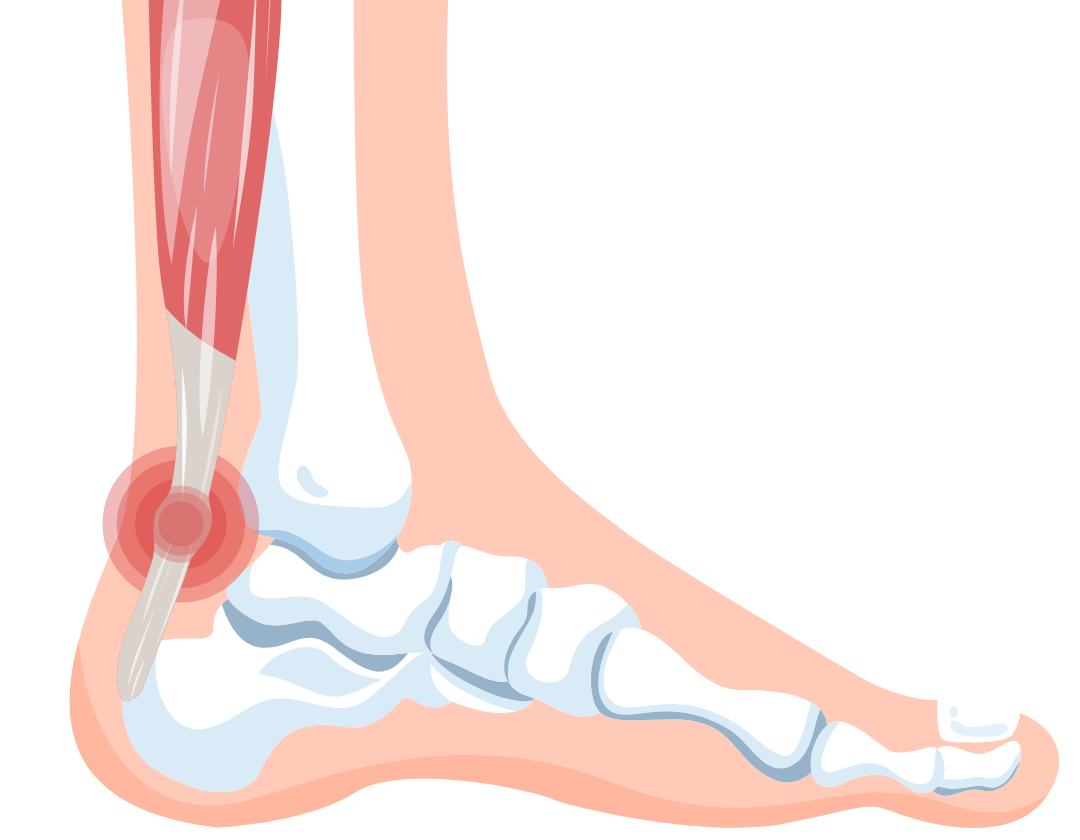
Achilles Tendon Pain
At Somerton Physiotherapy we regularly treat patients attending our clinics with heel pain / Achilles tendon pain. Heel pain / Achilles tendon pain can have various causes. A common cause of heel pain that we treat daily is Achilles related heel pain.
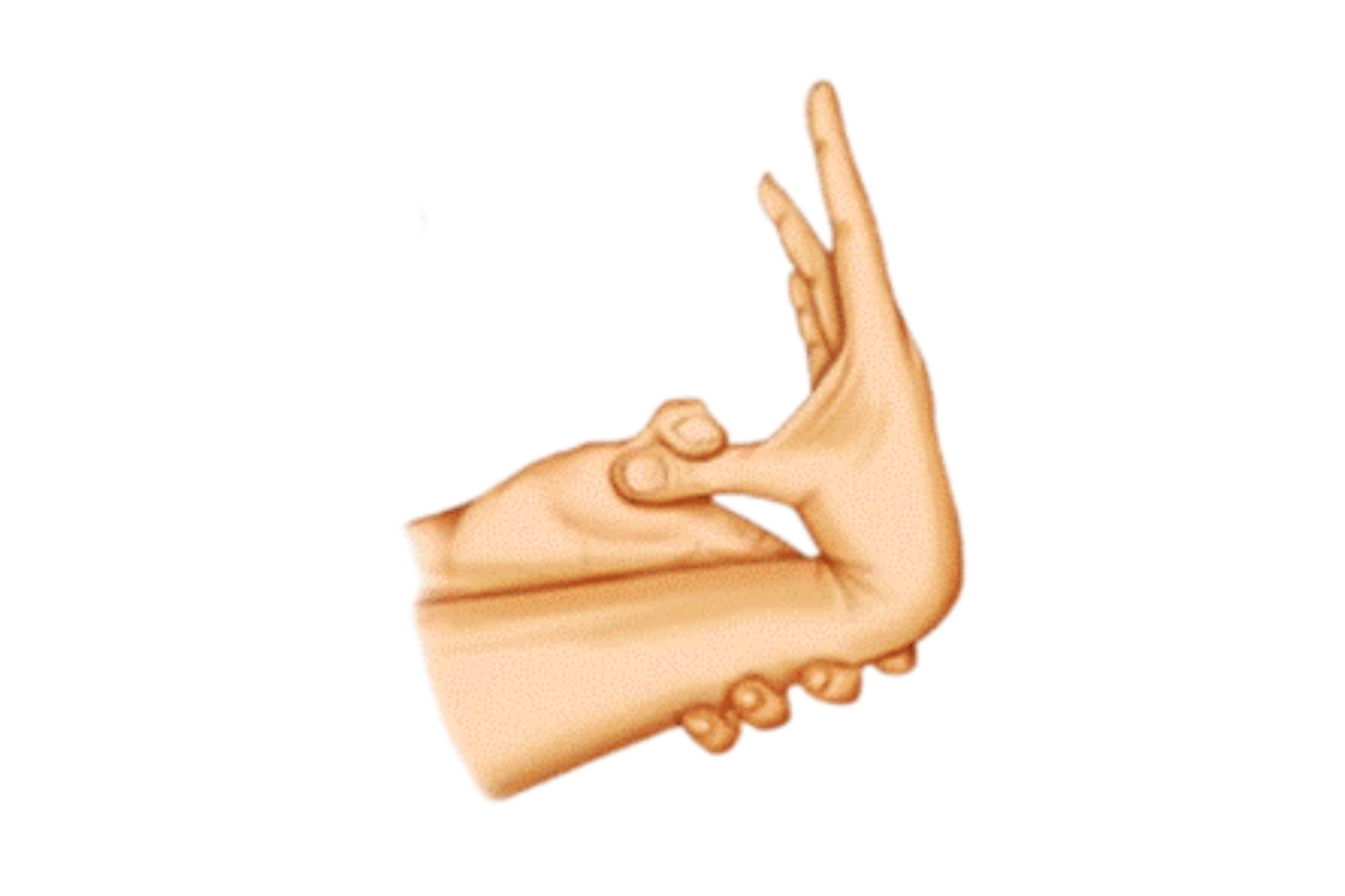
Physiotherapy for Hypermobility
Joint hypermobility means that some of your joints stretch further than normal. It is not uncommon, and for many people, it does not cause any issues. However, for others, hypermobility can lead to pain and discomfort, instability, and even injuries over time.
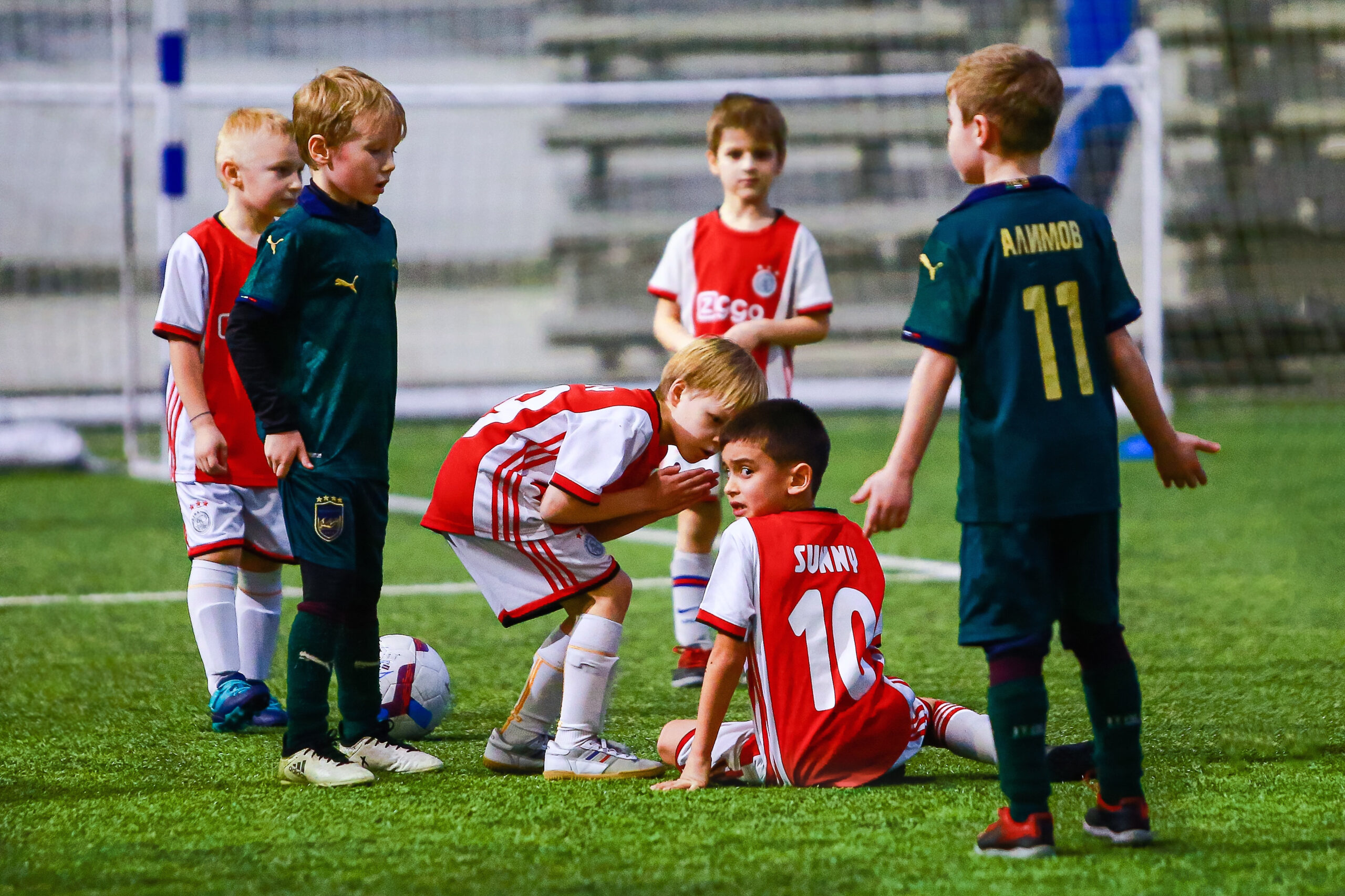
How can my child avoid injury when returning to sport/training?
How can my child avoid injury when returning to sport/training? If your child has returned to sports/training in recent weeks, please see some top tips on how your child can avoid injury.. 1. If your child has an old injury or is carrying an injury from last season, it would be best to get this assessed by a chartered physio prior to the new season commencing. 2. If the weather remains cold make sure your child is wearing
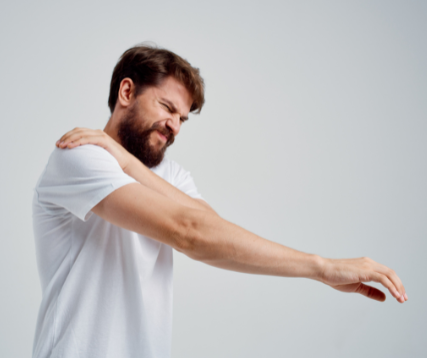
I think I might have a Rotator Cuff Injury, will physio help?
I think I might have a Rotator Cuff Injury, will physio help? Rotator Cuff Physio / Shoulder Physio: At Somerton Physiotherapy we treat shoulder issues daily. Some of the more common conditions we treat include osteoarthritis, frozen shoulder, post-surgical repairs, and rotator cuff tendinitis/tears. Recently in clinic we saw a 42 year old man working in the construction sector complaining of left side shoulder pain over a number of weeks that was affecting his work and sleep. He really struggled
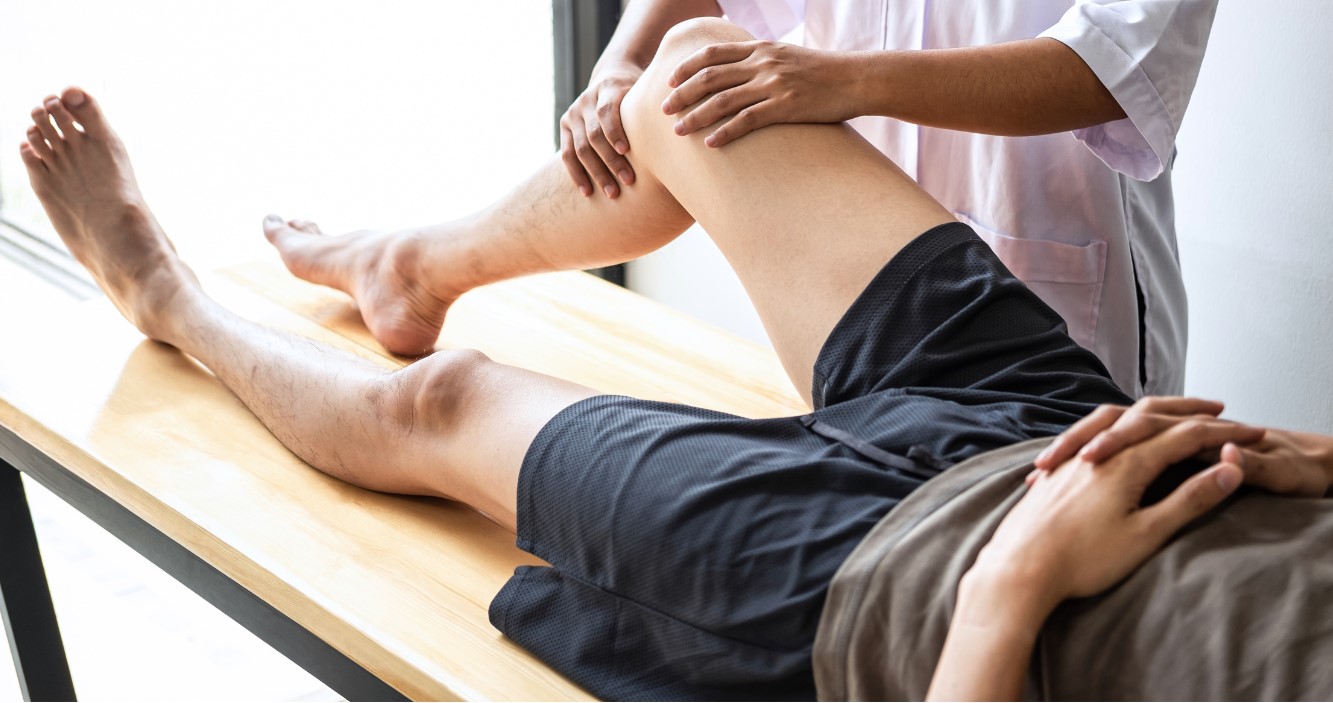
How Important Is Physiotherapy Throughout Your Hip Or Knee Replacement Journey?
How Important Is Physiotherapy Throughout Your Hip or Knee Replacement Journey? The Crucial Role Of Physio In Your Hip Or Knee Replacement Journey Undergoing hip or knee replacement surgery can be a transformative experience, offering relief from chronic pain and improved mobility. However, the journey to full recovery doesn’t begin and end with surgery. Physiotherapy plays a crucial role in ensuring that you regain strength, mobility, and function. Here’s a guide on what to expect from physiotherapy before and
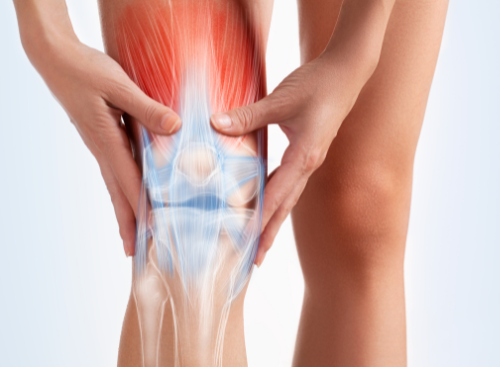
Surgical V’s Non-Surgical Treatment of the ACL (Anterior Cruciate Ligament)
Surgical V’s Non-Surgical Treatment of the ACL (Anterior Cruciate Ligament) Anterior Cruciate Ligament Tears – Non-Surgical Management At Somerton Physiotherapy clinic we would see many patients with this type of injury. Firstly, it is important to establish if you are suffering from this type of injury and, if so, you will need to be fully assessed by one of our Physio team before you can make an informed decision about choosing to go down the Surgical or Non-surgical route.
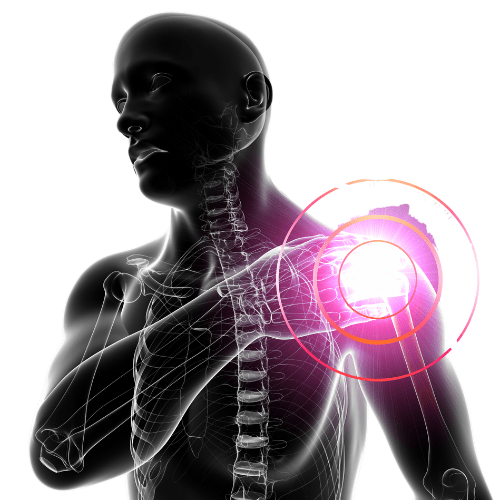
Physiotherapy for Frozen Shoulder
Physiotherapy for Frozen Shoulder Physiotherapy for Frozen Shoulder Frozen shoulder is a common disorder that manifests as severe pain with a gradual loss of movement. Frozen shoulder is believed to affect 2-5% of the general population with 8% of males and 10% of females affected. The mean age of onset for frozen shoulder is 40-65 years and unfortunately has a 6-20% prevalence of affecting the opposite shoulder within 5 years. It rarely will affect the same shoulder twice. The cause
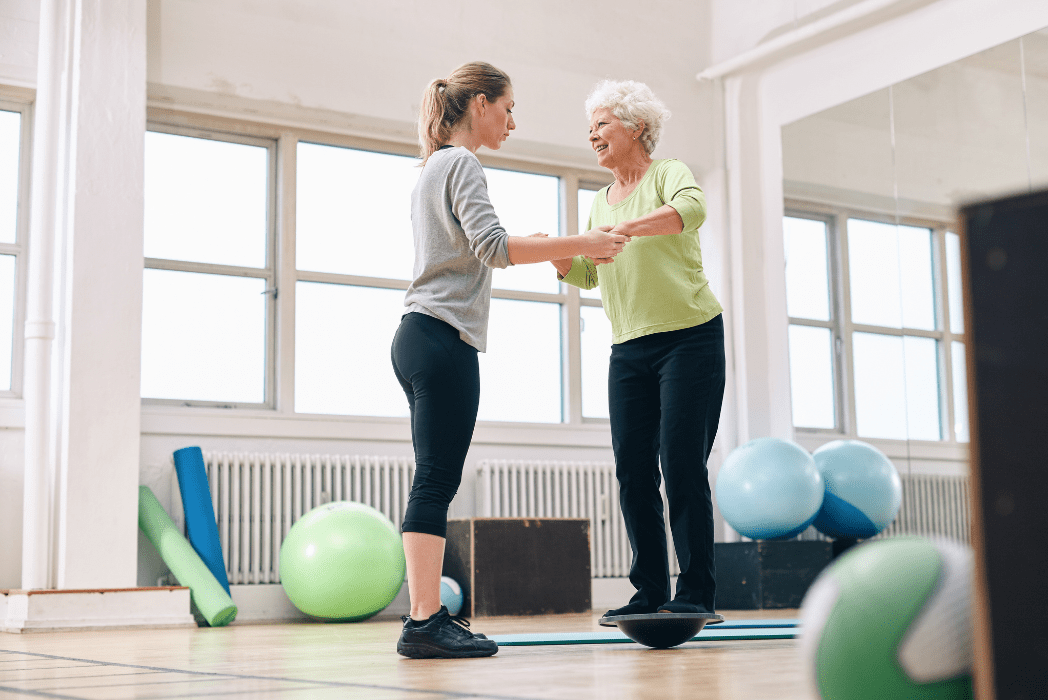
Can Physio help with our Balance?
Can Physio help with our Balance? Balance is an extremely important aspect of our lives, I don’t mean our bank balance or the ability to balance 101 things at the same time. I mean balance that prevents us from falling over, allows us to stand on one leg with our eyes closed or if you feel inclined, walk a tightrope from the top of the Hogan stand to the Cusack stand in Croke Park. You may think of balance as
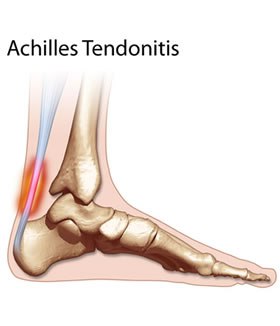
My Achilles tendon is sore. How do I get it better?
Achilles Tendon: Recovery and Prevention Soreness or swelling of your Achilles tendon is caused by overuse or trauma. Constant stress placed on the Achilles tendon causes irritation, inflammation and pain. There are several factors that can lead to inflammation of the Achilles tendon: Overtraining Tiredness or increased stress levels Poor running technique (biomechanics) Reduced lower limb and core muscle strength Poor balance (proprioception) Poor flexibility Inadequate footwear Running on hard surfaces If you notice swelling in your Achilles tendon,

Is Working From Home Working For You?
How to manage pain while working from home: With the country starting to creep back towards regular life, we have re-opened the clinic for in-patient appointments. While we are happy to be back in the clinic, working towards some hint of normality, we realise that not everybody is as lucky. Recent reports suggest that working from home may continue well into 2021 and well beyond this, in some capacity. The majority of injuries we see in clinic are as result
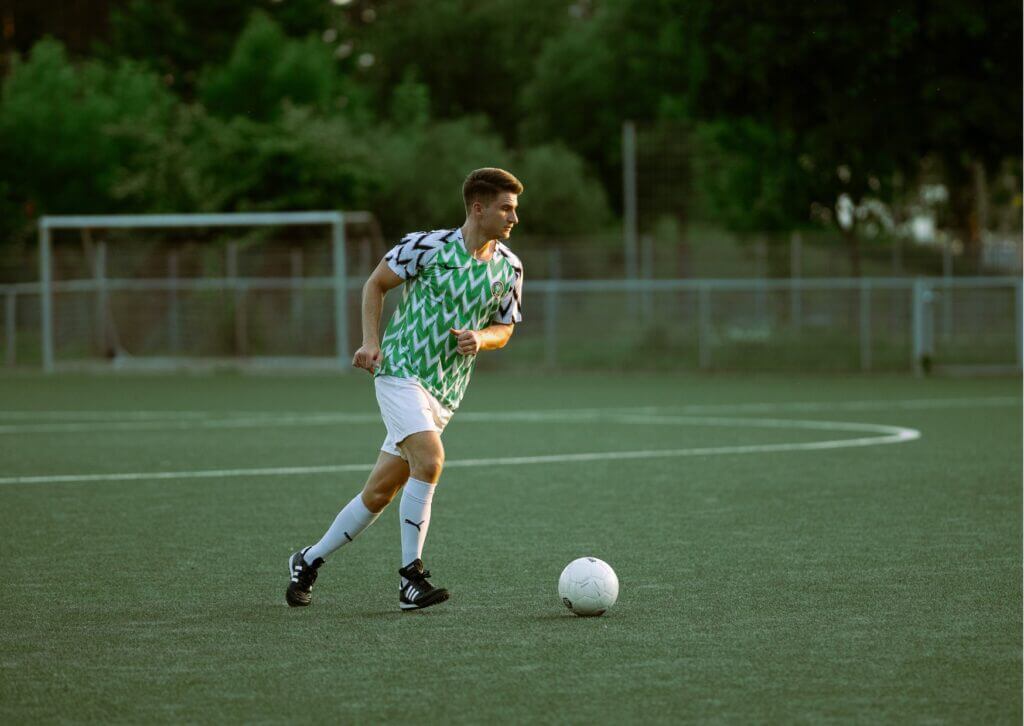
Returning To Sport Post COVID
Returning To Sport Post COVID As the restrictions start to lift and the world slowly creeps towards normality, we can all breathe a sigh of relief that sport is now gracing our screens again. The Premier League has seen Liverpool crowned champions after a busy playing schedule post COVID. Equally as important, we see the return of GAA and Leinster senior league training, and matches in a frenzy to finish the seasons out. Months of resting, eating and drinking has
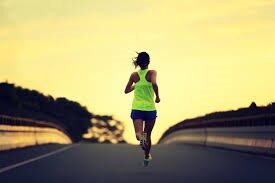
Athlete Recovery Is Key
Athlete Recovery Is Key When we return to field sport after a break or when the good weather arrives and convinces us to squeeze in those extra miles and push ourselves harder to get back to peak fitness, there is one key area that cannot be overlooked when it comes to performance – RECOVERY!!! The world’s top athletes know that recovery is key for overall performance, health, wellbeing and future injury prevention. When training it is important to bear in
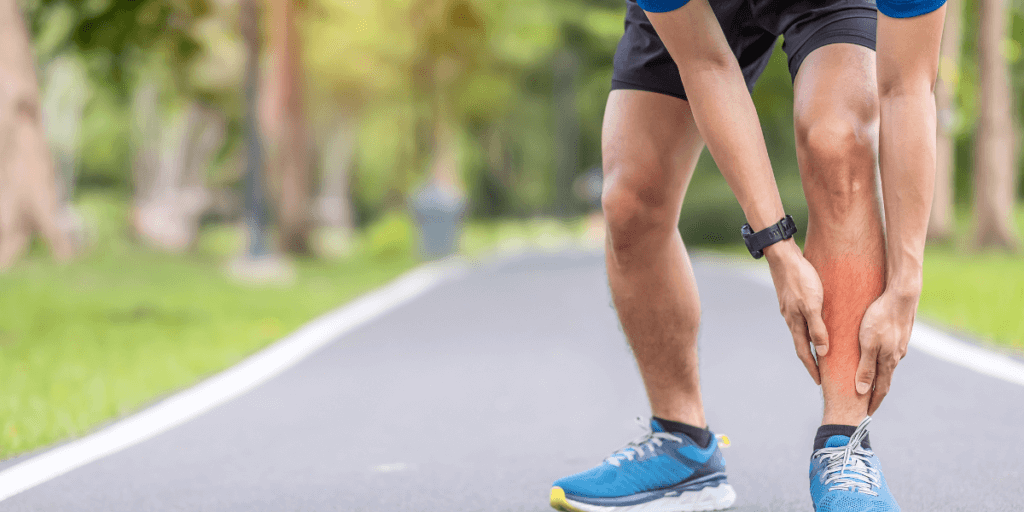
How Do You Relieve Shin Pain?
How Do You Relieve Shin Pain? Most people associate shin pain with ‘shin splints’. ‘Shin splints’ also known as Medial Tibial Stress Syndrome (MTSS) are one of the most common musculoskeletal injuries we treat in runners. MTSS is an overload injury which causes generalised pain in the shin. Contrary to popular belief it is actually a bone stress injury and not an overload of the muscles and tissues in the lower leg. Shin pain can be exacerbated by repetitive stress
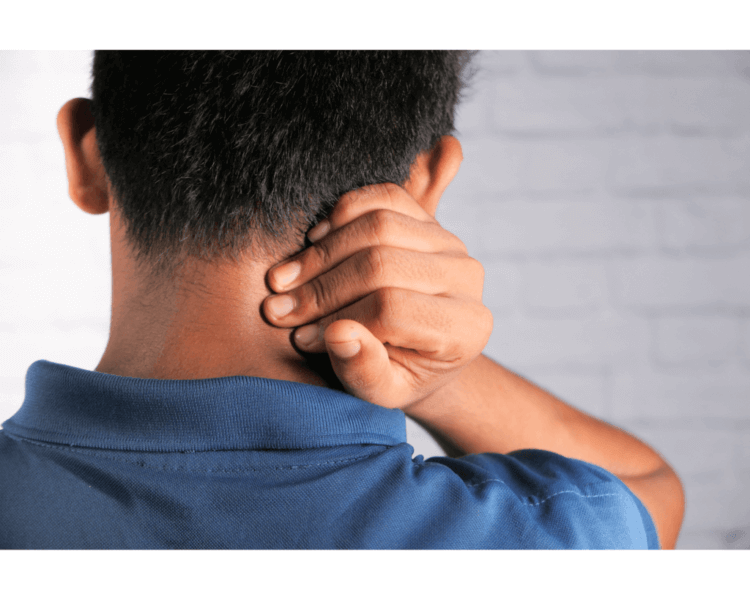
Whiplash Injury – How can Physio help?
Whiplash Injury – How can Physio help? Most people will associate whiplash injury being caused by car accidents (vender benders) but whiplash can also be caused by other mishaps that may happen in everyday life such as falling, being pushed from behind with excessive force and even diving into a pool. Not all neck pain is whiplash associated, an acceleration and deceleration of the neck that causes neck pain can be classified as whiplash. In some cases the head and
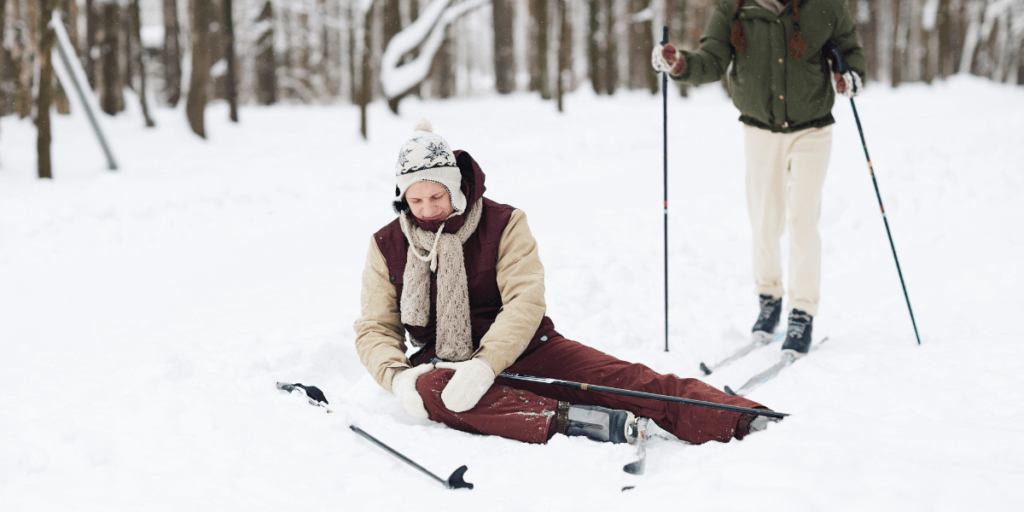
Common Skiing Injuries – How Somerton Physio Can Help You?
Common Skiing Injuries – How Somerton Physio Can Help You? Snowboarding-related / Skiing Injuries It is that time of the year again when we dust off our skiing gear and head for the slopes. The popularity of skiing and snowboarding has grown significantly over the past decade despite concerns that these activities are high-risk and can lead to injury. Snow sport-related injuries can happen to anyone of any age but a recent study shows that the populations at a greater
Lateral Epicondylitis (Tennis Elbow)
Lateral Epicondylitis (Tennis Elbow) What is Lateral Epicondylitis/Tennis Elbow? Lateral Epicondylitis (Tennis Elbow) is a painful condition affecting the outside of the elbow. In most cases it is caused by an overuse or repetitive strain placed on the elbow. It varies from 1-3% in the general population to more than 50% in amateur tennis players. However, tennis players only account for 5% making the term ‘tennis elbow’ quite inaccurate. In sports, the elbow joint contributes to 15% of the force
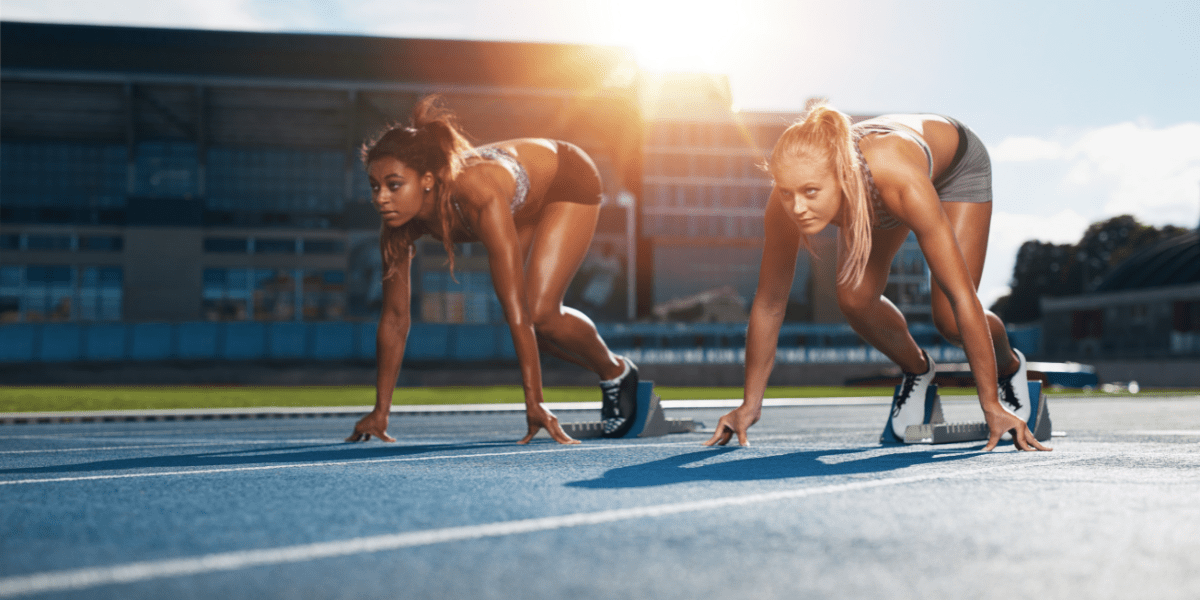
The Female Athlete Triad
The Female Athlete Triad The Female Athlete Triad is a combination of three conditions that we sometimes see in female athletes at our clinics in Blanchardstown, Castleknock and Tallaght. These are: Disordered Eating Amenorrhea (loss of a girls period) Osteoporosis (weakening of the bones) Low energy availability is typically the source of the other two triad components due to its 1). Negative affects on reproductive function and bone health and 2). Detrimental effects that reproductive dysfunction caused by low
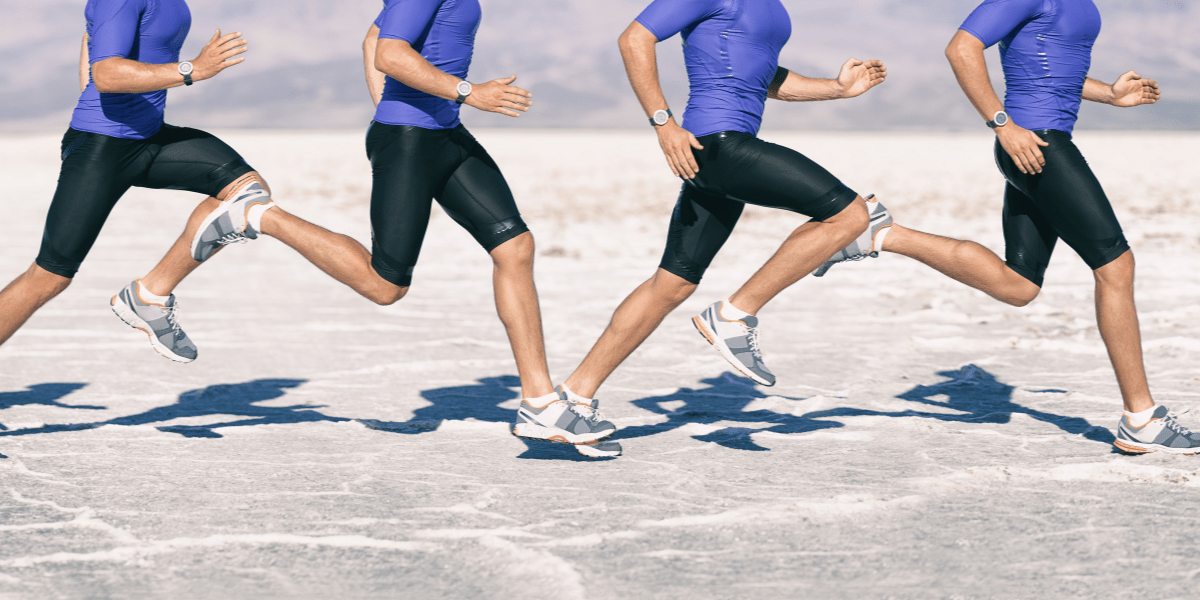
The Gait cycle
The Gait cycle The Gait cycle describes how humans walk and run, in other words, how we move. A complete gait cycle begins when one foot makes contact with the ground, and ends when that same foot makes contact with the ground again. One cycle is made up of two distinct phases Stance Phase: The part of the gait where there is contact with the ground Swing phase: The part of the gait where that same foot is not in
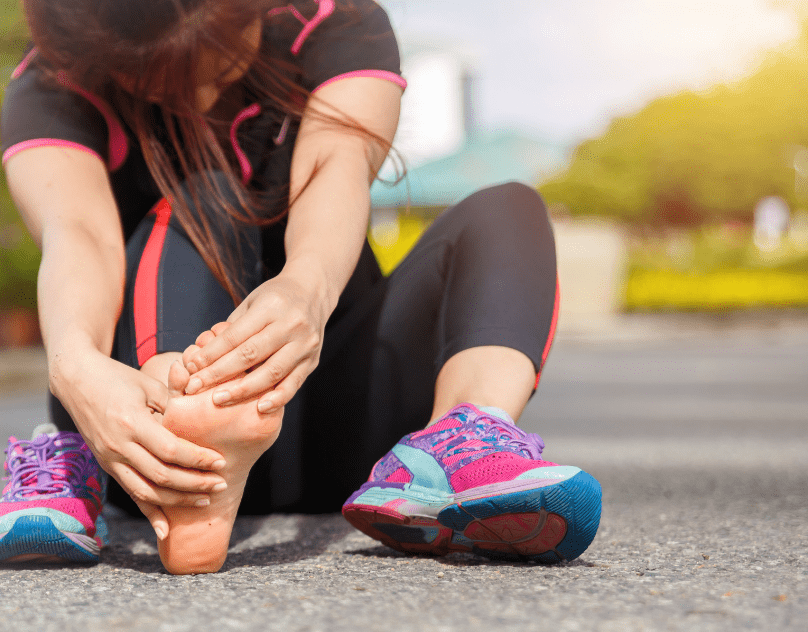
What Can Cause Running Injuries?
What Can Cause Running Injuries? We have now just passed that all-important 20-week mark where training will commence for the Dublin City Marathon in October. In this blog we will outline two major contributors to running injuries…….. We have all been there, when training is going well, the running feels smooth and then… bang! Out of the blue we get a few niggles or pull a muscle. We are going to take a quick look at some of the factors
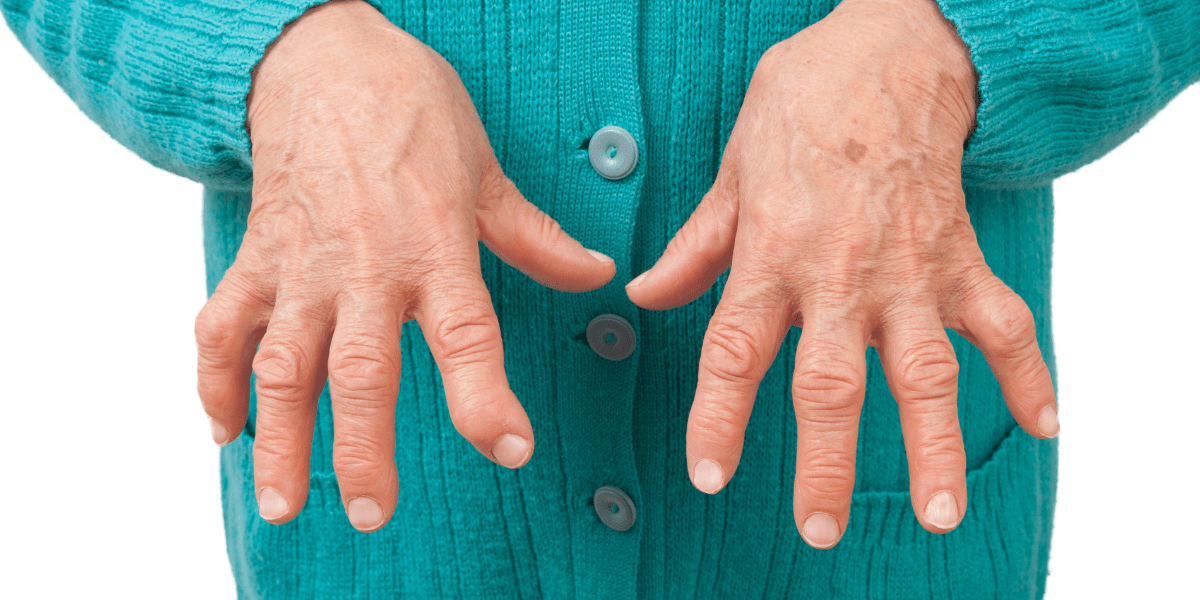
Rheumatoid Arthritis and Physiotherapy
Rheumatoid Arthritis and Physiotherapy Rheumatoid Arthritis (RA) is a chronic inflammatory disease which causes pain and stiffness and swelling in joints. While RA is most commonly found in females rather than males, with a ratio of 3:1 and prevalent in 30-60 year olds, it can occur at any age. What causes it?Rheumatoid Arthritis is caused by the auto-immune system attacking the body’s own tissues, specifically the synovium, which is the lining of the joints. This leads to inflammation and damage

Osteoporosis and Physiotherapy
Osteoporosis and Physiotherapy What is osteoporosis and why is it important? Osteoporosis (OP) is defined as low bone mineral density caused by altered bone microstructure which can predispose sufferers to “low impact” fractures. Such fractures (such as hip fractures in the elderly) can have a significant impact on a person’s level of function and result in death in those with other illnesses. Over 50% of postmenopausal white women will have an osteoporotic-fracture. Bone tissue is constantly being absorbed and replaced
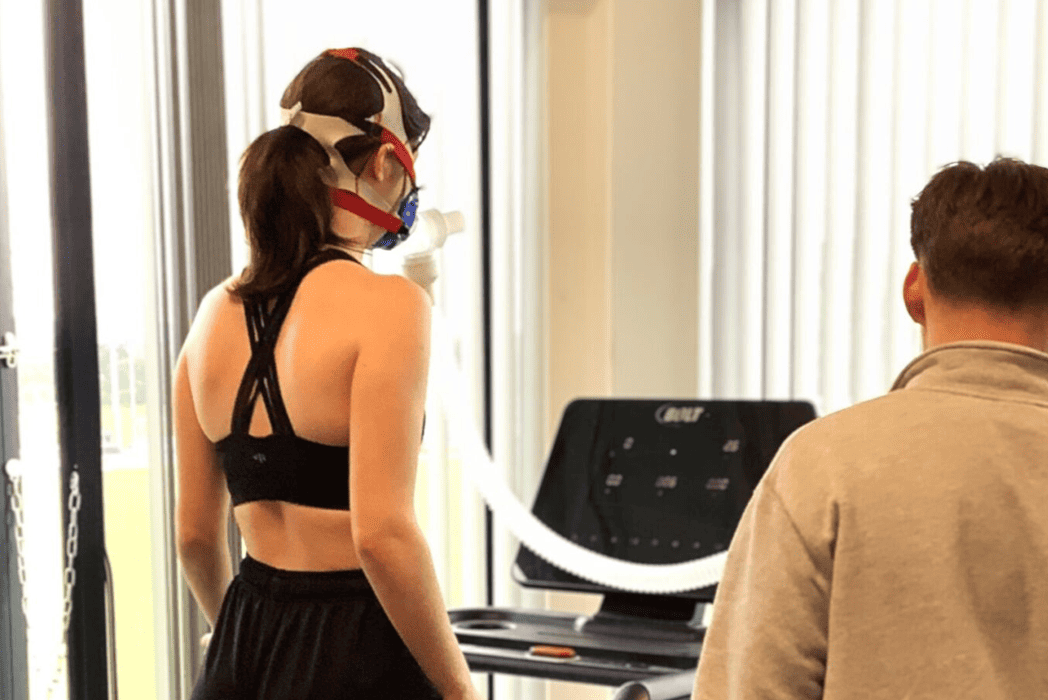
VO₂ Max Testing
VO₂ max (short for maximal oxygen uptake) is a measurement of the maximum amount of oxygen your body can use during intense exercises and is widely recognised as the gold standard for measuring cardiovascular fitness and aerobic endurance.
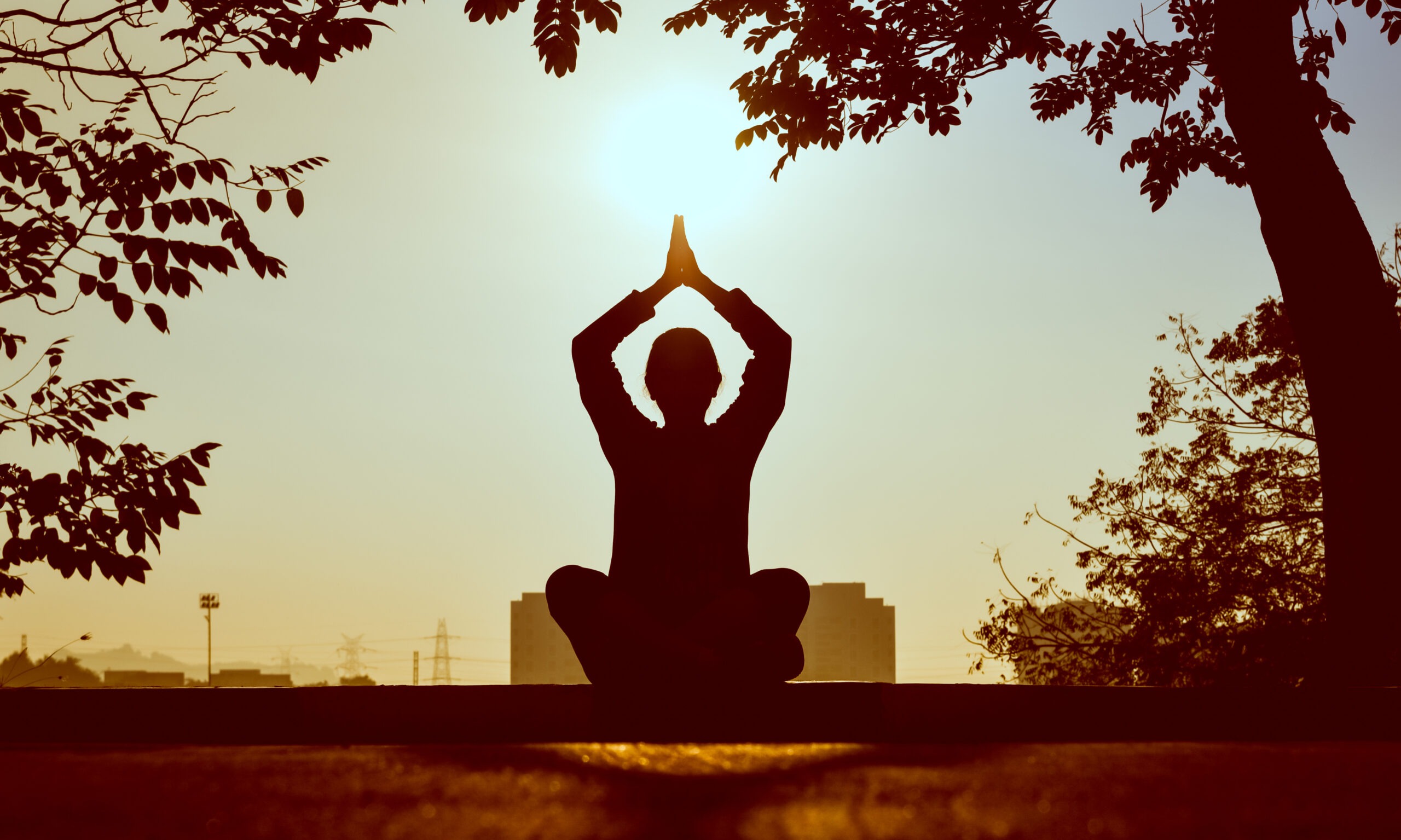
What are the health benefits of Yoga?
What are the health benefits of Yoga? How can Yoga Help ? Yoga originated in South Asia and while it is now a popular form of exercise the world over, this wasn’t always the case. It is a very old form of exercise that focuses on breathing, strength and flexibility to boost mental and physical health. The main components of yoga are postures and breathing. It has been adapted in many ways and into several “branches” each with some unique
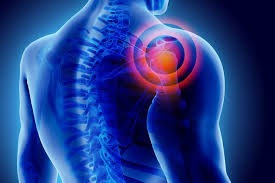
What Does Frozen Shoulder Feel Like?
What Does Frozen Shoulder Feel Like? Frozen shoulder also known as adhesive capsulitis is a painful condition in which shoulder movements can become very restricted. It can affect one shoulder or both simultaneously. It commonly occurs spontaneously but can also occur following shoulder injury such as rotator cuff injury or after periods of immobilisation. It usually affects those over age 40 and is more common in women than in men. The incidence is two to four times higher in diabetics
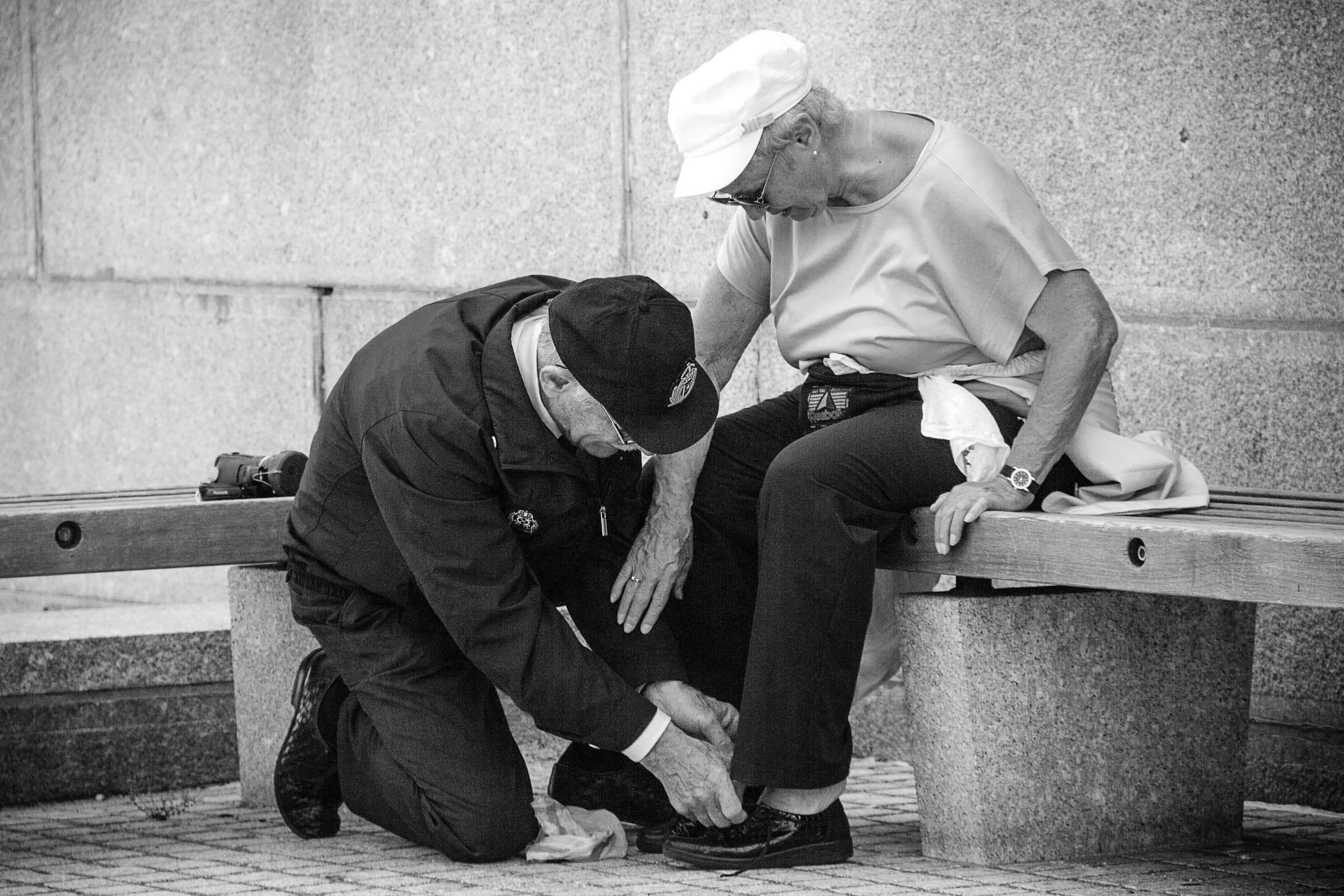
Exercising at Home for Over 65’s
Exercising at Home for Over 65’s These are some exercises which we use in our clinic to help improve the strength, balance and mobility in people who are currently less active or over 65 years of age. The exercises require no special equipment and are safe for most people to do at home. Please see video below. https://www.youtube.com/watch?v=-u4wn_YUkZA Sit to stand Standing calf raises Standing toe raises Single leg balancing Step standing Standing hip abduction Wall push up Shoulder press
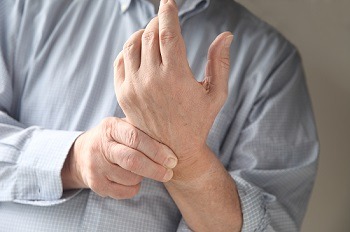
What Is Repetitive Strain Injury (RSI)?
According to the HSE “Repetitive strain injury (RSI), also called work-related upper limb disorder (WRULD), is a general term used to describe the pain caused to muscles, nerves and tendons by repetitive movement and overuse. The condition mostly affects parts of the upper body, such as the forearm, elbow, wrist, hands, neck and shoulders. Given that many people are working from home at present, some of you might be suffering from the following common conditions often classified as “RSI”
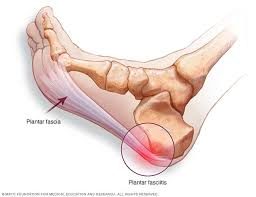
Could I have Plantar Fasciitis/Fasciosis?
Could I have Plantar Fasciitis/Fasciosis? Plantar fasciitis also referred to as plantar fasciosis due to its non-inflammatory nature, is a painful condition involving the connective tissue or fascia at the bottom of the foot. The plantar fascia blends with the paratendon or sheath of the Achilles tendon, the small foot muscles and even the skin and subcutaneous tissue. This condition affects people of all ages although it is most often seen in people in middle age. Females are affected more
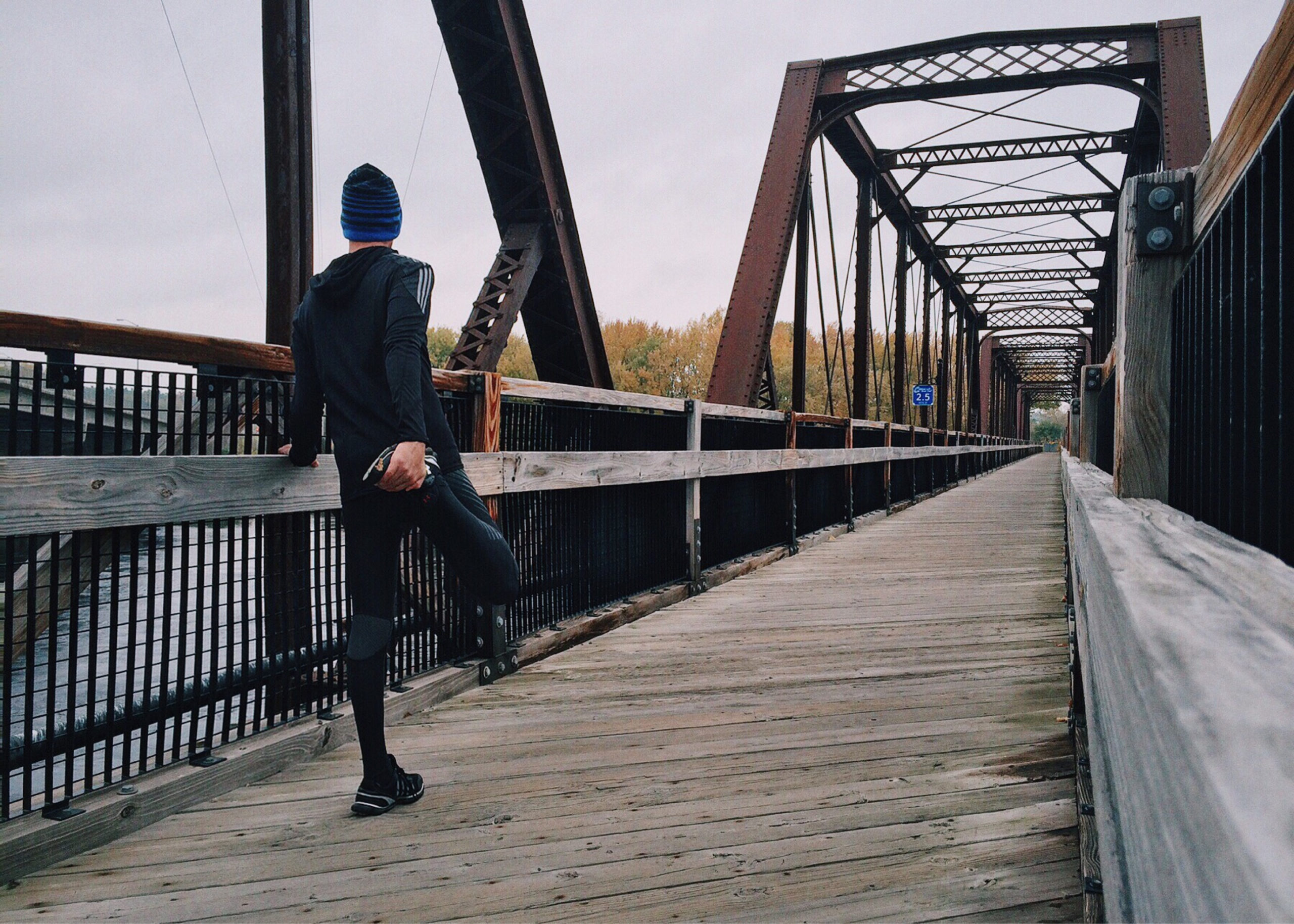
Running Injury
Running Injury Have you taken up running Recently ? In this article I will discuss some injury risk factors and hopefully outline the most important ones in terms of preventing running injuries. I have also included a video below with recommended exercises. Running injuries are classified into intrinsic and extrinsic factors. Risk factors often mentioned are foot-type, lower limb strength, flexibility and running mechanics. Other factors include those related to training such as how quickly you increase your running mileage.
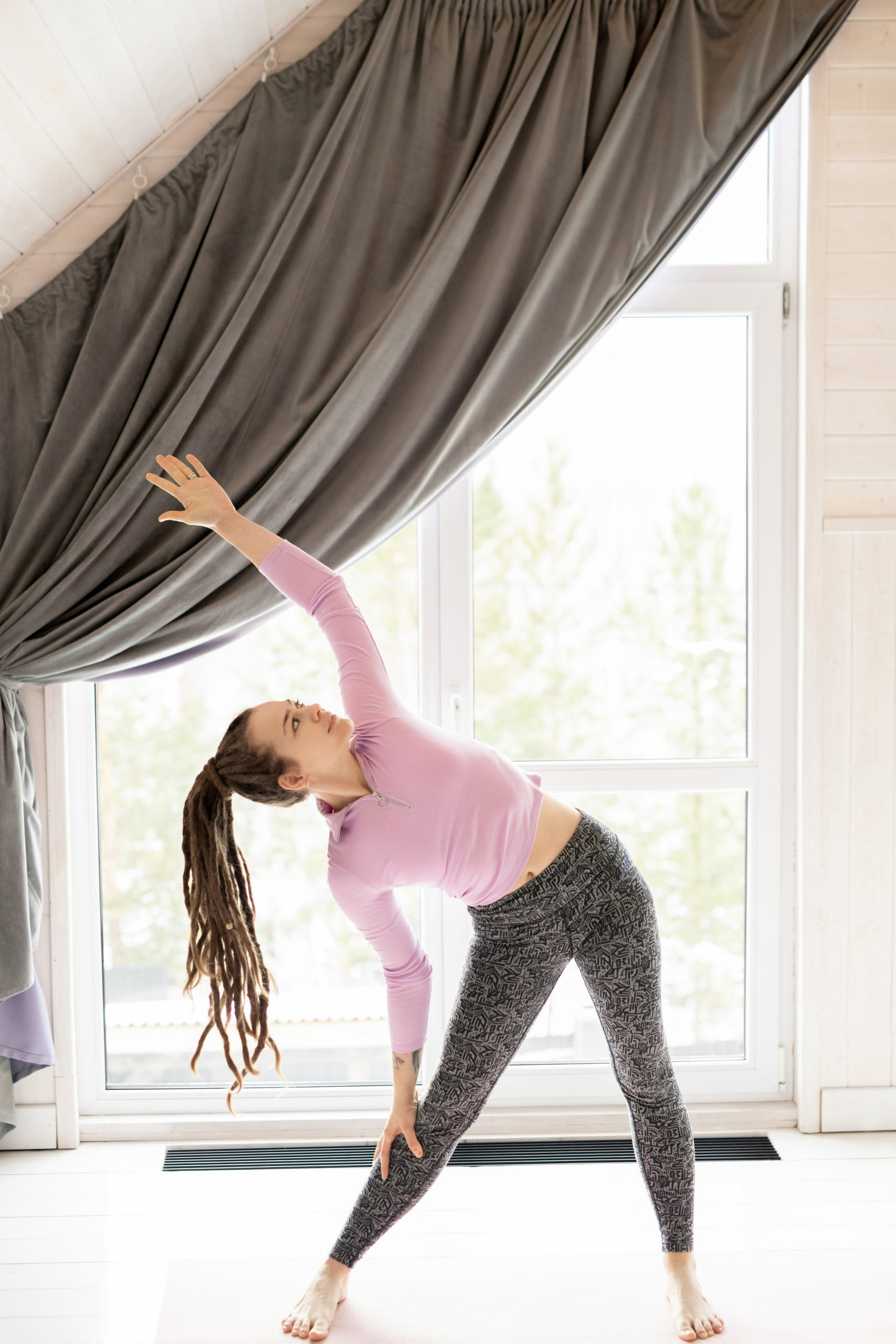
Is It Possible To Keep Fit Without The Gym?
Is It Possible To Keep Fit Without The Gym? How To Prevent RSI? Whether you normally work from home or have been forced to, due to COVD-19 – you may now feel that you are moving less than usual. Your step counts may be down and the time you spend at the computer, on the phone, and in front of the TV, might have increased a lot. During busy periods, other barriers to exercise are, a lack of access to
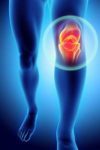
Physiotherapy & Osteoarthritis
Physiotherapy & Osteoarthritis What is Osteoarthrits ? Arthritis refers to changes to the structure of a joint often associated with pain, stiffness, and swelling of the joint. Osteoarthritis is the most common form and it occurs in the hips, knees, shoulders, and spine. While an X-ray is used in diagnosing osteoarthritis (OA), the changes seen on scans are poorly linked to pain and disability levels. A common belief is that OA symptoms are due solely to “wear and tear”
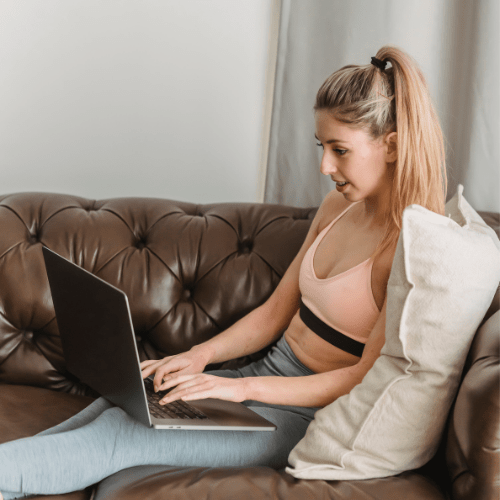
Ergonomics and Posture
Ergonomics and Posture Are you working from home during the current COVID-19 situation? You might be concerned about your desk set up or be interested in preventing issues such as neck and back pain. This article will briefly cover the topic of ergonomics and provide some general information relating to posture (facts and misconceptions). What is Ergonomics? According to the HSE, ergonomics is the “relationship between the worker and the job and focuses on the design of work areas
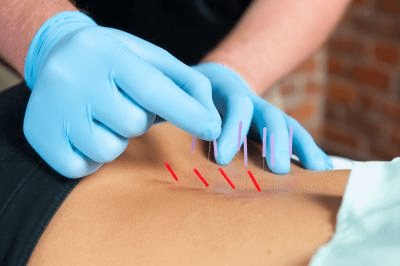
What is Dry Needling?
What is Dry Needling? Have you heard of Dry Needling? Dry Needling is a treatment technique whereby a sterile, single-use, fine filament needle (acupuncture needle) is inserted into the muscle to assist with decreasing pain and improving function through the release of myofascial trigger points (knots in the muscle). What is the Difference Between Dry Needling and Acupuncture? Dry Needling is a not the same as acupuncture, although there are similarities between the two techniques. The main difference
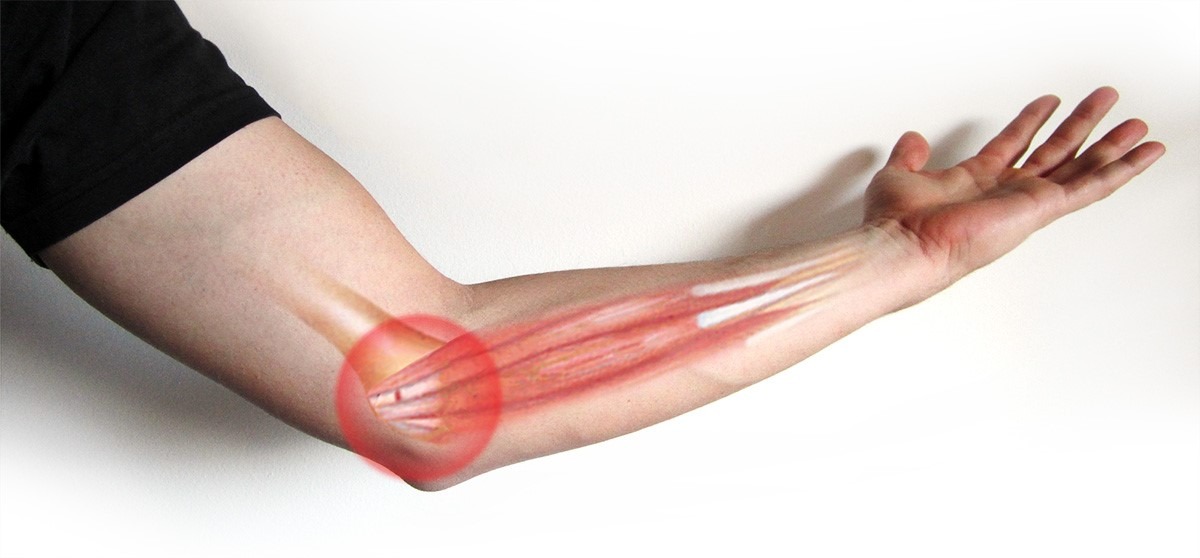
Do I Have Golfer’s Elbow?
Do I Have Golfer’s Elbow? In the following article, James Sherry MISCP from Somerton Physiotherapy Clinic in Dublin 15 summarises Golfer’s Elbow. What is Golfer’s elbow? Golfer’s elbow is pain that is located on the inside of your elbow. The medical name for Golfer’s elbow is medial epicondylitis. The medial epicondyle is the bony prominence you can feel on the inside of your elbow (your funny bone). It is similar to tennis elbow but the difference between the two is
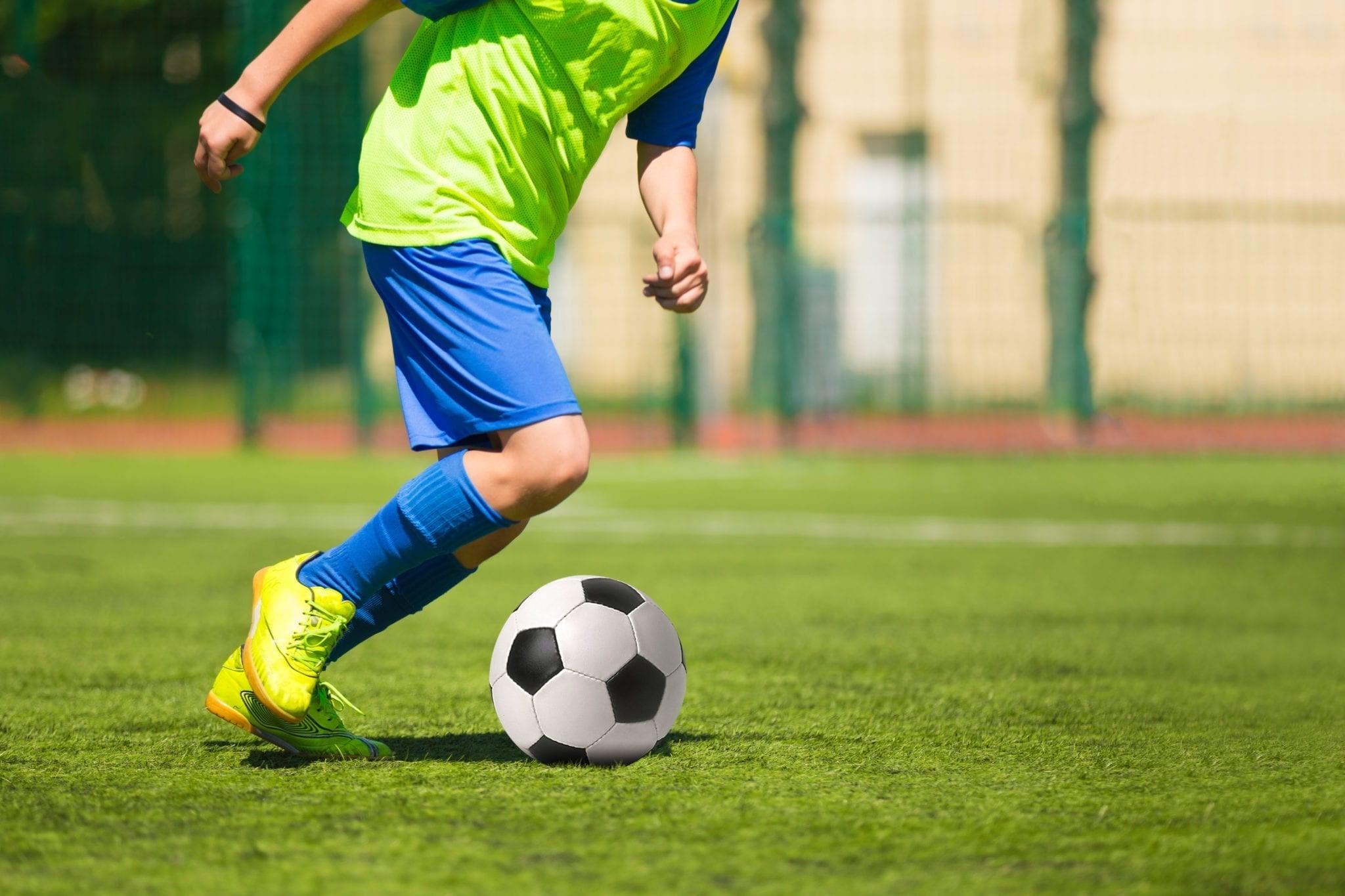
What is Sever’s Disease?
What is Sever’s Disease? Sever’s disease (also known as calcaneal apophysitis) is one of the most common causes of heel pain in growing children and adolescents. It is an inflammation of the growth plate in the calcaneus (heel). Sever’s disease is caused by repetitive stress to the heel, and most often occurs during growth spurts, when bones, muscles, tendons, and other structures are changing rapidly. Children and adolescents who participate in athletics—especially running and jumping sports—are at an increased risk
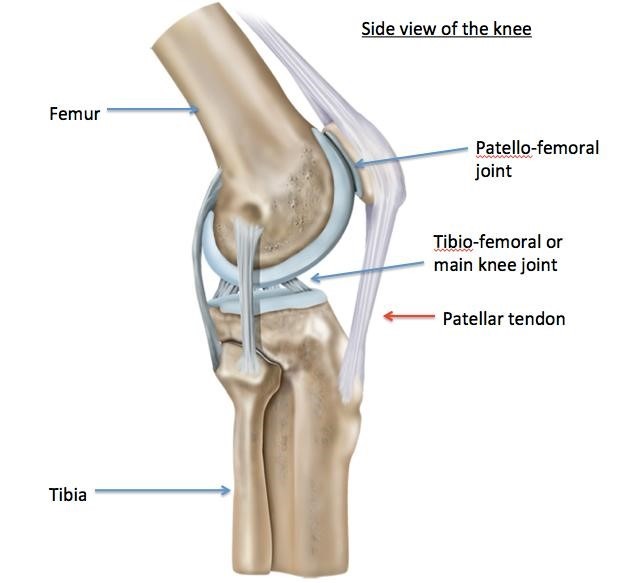
Physiotherapy for Knee Pain
Physiotherapy for Knee Pain Anterior knee pain is an umbrella term that encompasses a wide range of related but significantly different conditions resulting in pain at the front of the knee. 25% of the population will be affected at some time and it is the most common overuse syndrome affecting sports people. Sometimes pain can be pinpointed by the patient, occurring at the front and center of the knee, sometimes it may be just above or below the knee cap,

Golfer’s Elbow explained
What is Golfer’s elbow? Golfer’s elbow is pain that is located on the inside of your elbow. The medical name for Golfer’s elbow is medial epicondylitis. The medial epicondyle is the bony prominence you can feel on the inside of your elbow (your funny bone). It is similar to tennis elbow but the difference between the two is the location of the pain. If you have tennis elbow you will feel pain on the outside of you elbow. Signs and

New year fitness goals and preventing injury.
New Year Fitness Goals and Preventing Injury It is now the time of year when many of us decide to improve our health and fitness goals by starting a new exercise regime. This may involve taking up an exercise class in the gym or getting back to running, cycling or swimming. For some, this new exercise programme may be the most exercise they have done in several months or years and while the benefits of physical activity are many there
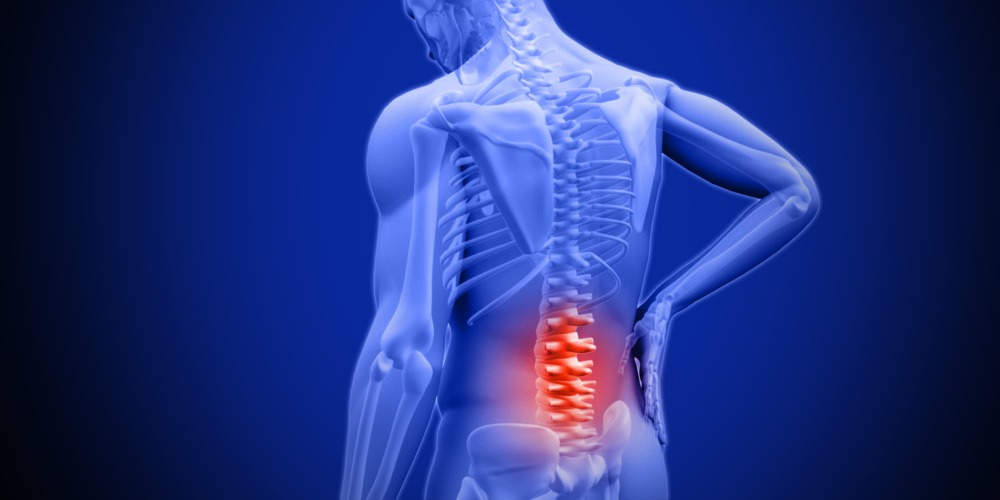
OVERVIEW OF LOWER BACK PAIN
Overview of Lower Back Pain Approximately 80% of all adults experience back pain at some point in their lifetime. It is one of the most common causes of job-related disability and a leading contributor to work absenteeism in Ireland. A recent survey on back pain in Ireland, found that 68% of Irish people suffer from back pain at least once a week, and that a staggering 50% of adults in Ireland have suffered from back pain for more than five
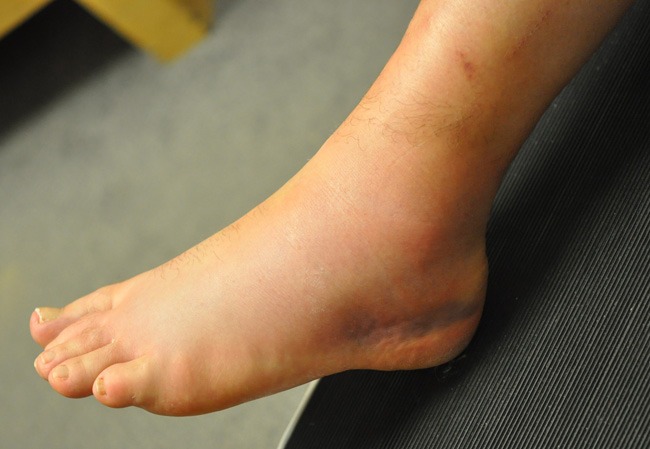
Ankle Sprains in GAA players
I have sprained my ankle – what should I do next? A sprained ankle is an injury that occurs when you roll, twist or turn your ankle in an awkward way. This can stretch or tear the tough bands of tissue (ligaments) that help hold your ankle bones together. A large majority of these injuries are sustained during sporting activity; in fact ankle sprains have been shown to be the most common injury in a total of 24 different sports
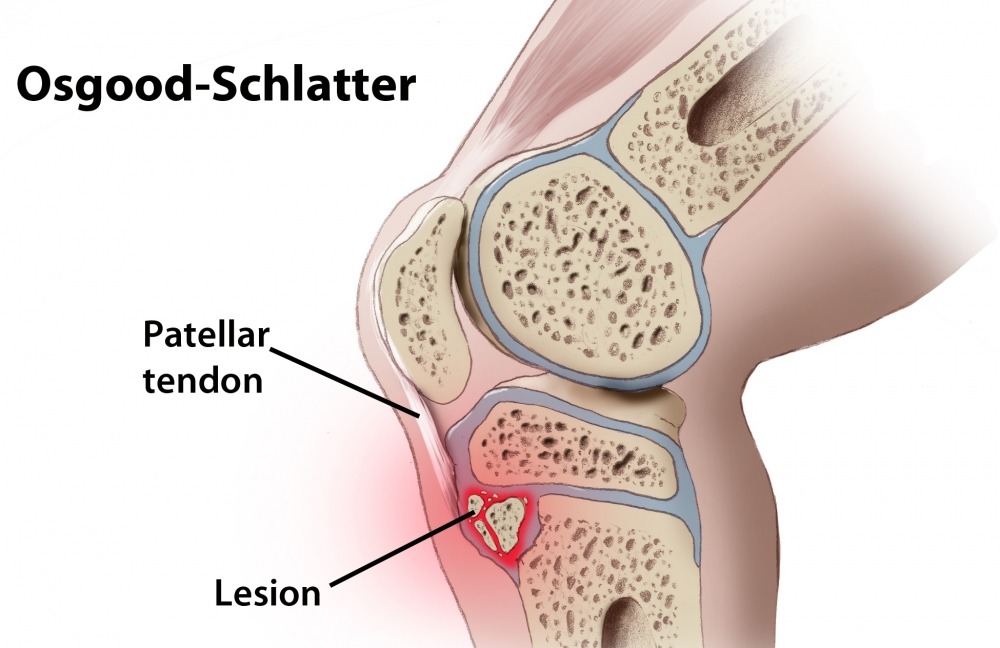
Is Osgood-Schlatter Disease causing my child’s knee pain?
Osgood-Schlatter Disease Osgood-Schlatter disease is where there is an extra bone growth on the bone below the patella (knee cap). It is common in active adolescents especially those participating in sports that involve running, jumping and changing direction. The disease is associated with growth spurts and can occur in both knees in approximately 30% of cases. What is Osgood-Schlatter Disease? Osgood-Schlatter disease is where there is an extra bone growth on the bone below the patella (knee cap). It

What is V0₂ Max and why does it matter?
VO₂ max is the maximum (max) volume (V) of oxygen (O₂) your body can use during exercise. It reflects how efficiently your heart, lungs, blood vessels, and muscles work together during physical activity. A higher VO₂ max is associated with better fitness, lower disease risk, and improved longevity.

I have Hamstring pain, will Physiotherapy help?
Hamstring strains and tears are very common and most often happen due to a muscle overload or when the muscle is stretched beyond its capacity. It can be accompanied by an audible pop or pull feeling where the hamstring muscle lengthens as it shortens and tears. These tears will typically happen during explosive moves such as sprinting, jumping or lunging, but can also happen gradually during slower movements.

Physiotherapy For Plantar Fasciitis
Plantar Fasciitis is caused by inflammation of the plantar fascia which is a structure that connects your heel to your toes. It is reportedly the most common cause of pain in the heel and is estimated to account for 11-15% of all foot symptoms requiring physiotherapy care among adults.

Achilles Tendon Pain
At Somerton Physiotherapy we regularly treat patients attending our clinics with heel pain / Achilles tendon pain. Heel pain / Achilles tendon pain can have various causes. A common cause of heel pain that we treat daily is Achilles related heel pain.

Physiotherapy for Hypermobility
Joint hypermobility means that some of your joints stretch further than normal. It is not uncommon, and for many people, it does not cause any issues. However, for others, hypermobility can lead to pain and discomfort, instability, and even injuries over time.

How can my child avoid injury when returning to sport/training?
How can my child avoid injury when returning to sport/training? If your child has returned to sports/training in recent weeks, please see some top tips on how your child can avoid injury.. 1. If your child has an old injury or is carrying an injury from last season, it would be best to get this assessed by a chartered physio prior to the new season commencing. 2. If the weather remains cold make sure your child is wearing

I think I might have a Rotator Cuff Injury, will physio help?
I think I might have a Rotator Cuff Injury, will physio help? Rotator Cuff Physio / Shoulder Physio: At Somerton Physiotherapy we treat shoulder issues daily. Some of the more common conditions we treat include osteoarthritis, frozen shoulder, post-surgical repairs, and rotator cuff tendinitis/tears. Recently in clinic we saw a 42 year old man working in the construction sector complaining of left side shoulder pain over a number of weeks that was affecting his work and sleep. He really struggled

How Important Is Physiotherapy Throughout Your Hip Or Knee Replacement Journey?
How Important Is Physiotherapy Throughout Your Hip or Knee Replacement Journey? The Crucial Role Of Physio In Your Hip Or Knee Replacement Journey Undergoing hip or knee replacement surgery can be a transformative experience, offering relief from chronic pain and improved mobility. However, the journey to full recovery doesn’t begin and end with surgery. Physiotherapy plays a crucial role in ensuring that you regain strength, mobility, and function. Here’s a guide on what to expect from physiotherapy before and

Surgical V’s Non-Surgical Treatment of the ACL (Anterior Cruciate Ligament)
Surgical V’s Non-Surgical Treatment of the ACL (Anterior Cruciate Ligament) Anterior Cruciate Ligament Tears – Non-Surgical Management At Somerton Physiotherapy clinic we would see many patients with this type of injury. Firstly, it is important to establish if you are suffering from this type of injury and, if so, you will need to be fully assessed by one of our Physio team before you can make an informed decision about choosing to go down the Surgical or Non-surgical route.

Physiotherapy for Frozen Shoulder
Physiotherapy for Frozen Shoulder Physiotherapy for Frozen Shoulder Frozen shoulder is a common disorder that manifests as severe pain with a gradual loss of movement. Frozen shoulder is believed to affect 2-5% of the general population with 8% of males and 10% of females affected. The mean age of onset for frozen shoulder is 40-65 years and unfortunately has a 6-20% prevalence of affecting the opposite shoulder within 5 years. It rarely will affect the same shoulder twice. The cause

Paediatric Physiotherapy
Paediatric Physiotherapy Paediatric Neuromusculoskeletal Physiotherapy Due to the physiological differences between children and adults, children require a specialised approach to physiotherapy. Maria has a specialist interest in the clinical area of paediatric neurodevelopmental physiotherapy. Maria will provide a thorough assessment and bespoke interventions to help your child achieve their developmental milestones and aid optimal motor development. The main goal is to help children to participate in activities they enjoy! Some of the more common conditions that Maria effectively treats include: Delayed milestones:

Can Physio help with our Balance?
Can Physio help with our Balance? Balance is an extremely important aspect of our lives, I don’t mean our bank balance or the ability to balance 101 things at the same time. I mean balance that prevents us from falling over, allows us to stand on one leg with our eyes closed or if you feel inclined, walk a tightrope from the top of the Hogan stand to the Cusack stand in Croke Park. You may think of balance as

Better Balance Programme
Better Balance Programme Our Better Balance Programme consists of FIVE 1:1 Physio sessions. If you are worried about your balance or a loved ones balance, the Better Balance Programme at Somerton Physio will help enable you to decrease your risk of falling at home or in the community. Falling over is something we have all experienced. You may think of falling as something that happens to children and it is usually no big deal, hop up and dust yourself off…However

My Achilles tendon is sore. How do I get it better?
Achilles Tendon: Recovery and Prevention Soreness or swelling of your Achilles tendon is caused by overuse or trauma. Constant stress placed on the Achilles tendon causes irritation, inflammation and pain. There are several factors that can lead to inflammation of the Achilles tendon: Overtraining Tiredness or increased stress levels Poor running technique (biomechanics) Reduced lower limb and core muscle strength Poor balance (proprioception) Poor flexibility Inadequate footwear Running on hard surfaces If you notice swelling in your Achilles tendon,

Is Working From Home Working For You?
How to manage pain while working from home: With the country starting to creep back towards regular life, we have re-opened the clinic for in-patient appointments. While we are happy to be back in the clinic, working towards some hint of normality, we realise that not everybody is as lucky. Recent reports suggest that working from home may continue well into 2021 and well beyond this, in some capacity. The majority of injuries we see in clinic are as result

Returning To Sport Post COVID
Returning To Sport Post COVID As the restrictions start to lift and the world slowly creeps towards normality, we can all breathe a sigh of relief that sport is now gracing our screens again. The Premier League has seen Liverpool crowned champions after a busy playing schedule post COVID. Equally as important, we see the return of GAA and Leinster senior league training, and matches in a frenzy to finish the seasons out. Months of resting, eating and drinking has

Athlete Recovery Is Key
Athlete Recovery Is Key When we return to field sport after a break or when the good weather arrives and convinces us to squeeze in those extra miles and push ourselves harder to get back to peak fitness, there is one key area that cannot be overlooked when it comes to performance – RECOVERY!!! The world’s top athletes know that recovery is key for overall performance, health, wellbeing and future injury prevention. When training it is important to bear in

How Do You Relieve Shin Pain?
How Do You Relieve Shin Pain? Most people associate shin pain with ‘shin splints’. ‘Shin splints’ also known as Medial Tibial Stress Syndrome (MTSS) are one of the most common musculoskeletal injuries we treat in runners. MTSS is an overload injury which causes generalised pain in the shin. Contrary to popular belief it is actually a bone stress injury and not an overload of the muscles and tissues in the lower leg. Shin pain can be exacerbated by repetitive stress

Whiplash Injury – How can Physio help?
Whiplash Injury – How can Physio help? Most people will associate whiplash injury being caused by car accidents (vender benders) but whiplash can also be caused by other mishaps that may happen in everyday life such as falling, being pushed from behind with excessive force and even diving into a pool. Not all neck pain is whiplash associated, an acceleration and deceleration of the neck that causes neck pain can be classified as whiplash. In some cases the head and

Common Skiing Injuries – How Somerton Physio Can Help You?
Common Skiing Injuries – How Somerton Physio Can Help You? Snowboarding-related / Skiing Injuries It is that time of the year again when we dust off our skiing gear and head for the slopes. The popularity of skiing and snowboarding has grown significantly over the past decade despite concerns that these activities are high-risk and can lead to injury. Snow sport-related injuries can happen to anyone of any age but a recent study shows that the populations at a greater
Lateral Epicondylitis (Tennis Elbow)
Lateral Epicondylitis (Tennis Elbow) What is Lateral Epicondylitis/Tennis Elbow? Lateral Epicondylitis (Tennis Elbow) is a painful condition affecting the outside of the elbow. In most cases it is caused by an overuse or repetitive strain placed on the elbow. It varies from 1-3% in the general population to more than 50% in amateur tennis players. However, tennis players only account for 5% making the term ‘tennis elbow’ quite inaccurate. In sports, the elbow joint contributes to 15% of the force

The Female Athlete Triad
The Female Athlete Triad The Female Athlete Triad is a combination of three conditions that we sometimes see in female athletes at our clinics in Blanchardstown, Castleknock and Tallaght. These are: Disordered Eating Amenorrhea (loss of a girls period) Osteoporosis (weakening of the bones) Low energy availability is typically the source of the other two triad components due to its 1). Negative affects on reproductive function and bone health and 2). Detrimental effects that reproductive dysfunction caused by low

The Gait cycle
The Gait cycle The Gait cycle describes how humans walk and run, in other words, how we move. A complete gait cycle begins when one foot makes contact with the ground, and ends when that same foot makes contact with the ground again. One cycle is made up of two distinct phases Stance Phase: The part of the gait where there is contact with the ground Swing phase: The part of the gait where that same foot is not in

What Can Cause Running Injuries?
What Can Cause Running Injuries? We have now just passed that all-important 20-week mark where training will commence for the Dublin City Marathon in October. In this blog we will outline two major contributors to running injuries…….. We have all been there, when training is going well, the running feels smooth and then… bang! Out of the blue we get a few niggles or pull a muscle. We are going to take a quick look at some of the factors

Rheumatoid Arthritis and Physiotherapy
Rheumatoid Arthritis and Physiotherapy Rheumatoid Arthritis (RA) is a chronic inflammatory disease which causes pain and stiffness and swelling in joints. While RA is most commonly found in females rather than males, with a ratio of 3:1 and prevalent in 30-60 year olds, it can occur at any age. What causes it?Rheumatoid Arthritis is caused by the auto-immune system attacking the body’s own tissues, specifically the synovium, which is the lining of the joints. This leads to inflammation and damage

Osteoporosis and Physiotherapy
Osteoporosis and Physiotherapy What is osteoporosis and why is it important? Osteoporosis (OP) is defined as low bone mineral density caused by altered bone microstructure which can predispose sufferers to “low impact” fractures. Such fractures (such as hip fractures in the elderly) can have a significant impact on a person’s level of function and result in death in those with other illnesses. Over 50% of postmenopausal white women will have an osteoporotic-fracture. Bone tissue is constantly being absorbed and replaced

VO₂ Max Testing
VO₂ max (short for maximal oxygen uptake) is a measurement of the maximum amount of oxygen your body can use during intense exercises and is widely recognised as the gold standard for measuring cardiovascular fitness and aerobic endurance.

What are the health benefits of Yoga?
What are the health benefits of Yoga? How can Yoga Help ? Yoga originated in South Asia and while it is now a popular form of exercise the world over, this wasn’t always the case. It is a very old form of exercise that focuses on breathing, strength and flexibility to boost mental and physical health. The main components of yoga are postures and breathing. It has been adapted in many ways and into several “branches” each with some unique

What Does Frozen Shoulder Feel Like?
What Does Frozen Shoulder Feel Like? Frozen shoulder also known as adhesive capsulitis is a painful condition in which shoulder movements can become very restricted. It can affect one shoulder or both simultaneously. It commonly occurs spontaneously but can also occur following shoulder injury such as rotator cuff injury or after periods of immobilisation. It usually affects those over age 40 and is more common in women than in men. The incidence is two to four times higher in diabetics

Exercising at Home for Over 65’s
Exercising at Home for Over 65’s These are some exercises which we use in our clinic to help improve the strength, balance and mobility in people who are currently less active or over 65 years of age. The exercises require no special equipment and are safe for most people to do at home. Please see video below. https://www.youtube.com/watch?v=-u4wn_YUkZA Sit to stand Standing calf raises Standing toe raises Single leg balancing Step standing Standing hip abduction Wall push up Shoulder press

What Is Repetitive Strain Injury (RSI)?
According to the HSE “Repetitive strain injury (RSI), also called work-related upper limb disorder (WRULD), is a general term used to describe the pain caused to muscles, nerves and tendons by repetitive movement and overuse. The condition mostly affects parts of the upper body, such as the forearm, elbow, wrist, hands, neck and shoulders. Given that many people are working from home at present, some of you might be suffering from the following common conditions often classified as “RSI”

Could I have Plantar Fasciitis/Fasciosis?
Could I have Plantar Fasciitis/Fasciosis? Plantar fasciitis also referred to as plantar fasciosis due to its non-inflammatory nature, is a painful condition involving the connective tissue or fascia at the bottom of the foot. The plantar fascia blends with the paratendon or sheath of the Achilles tendon, the small foot muscles and even the skin and subcutaneous tissue. This condition affects people of all ages although it is most often seen in people in middle age. Females are affected more

Running Injury
Running Injury Have you taken up running Recently ? In this article I will discuss some injury risk factors and hopefully outline the most important ones in terms of preventing running injuries. I have also included a video below with recommended exercises. Running injuries are classified into intrinsic and extrinsic factors. Risk factors often mentioned are foot-type, lower limb strength, flexibility and running mechanics. Other factors include those related to training such as how quickly you increase your running mileage.

Is It Possible To Keep Fit Without The Gym?
Is It Possible To Keep Fit Without The Gym? How To Prevent RSI? Whether you normally work from home or have been forced to, due to COVD-19 – you may now feel that you are moving less than usual. Your step counts may be down and the time you spend at the computer, on the phone, and in front of the TV, might have increased a lot. During busy periods, other barriers to exercise are, a lack of access to

Physiotherapy & Osteoarthritis
Physiotherapy & Osteoarthritis What is Osteoarthrits ? Arthritis refers to changes to the structure of a joint often associated with pain, stiffness, and swelling of the joint. Osteoarthritis is the most common form and it occurs in the hips, knees, shoulders, and spine. While an X-ray is used in diagnosing osteoarthritis (OA), the changes seen on scans are poorly linked to pain and disability levels. A common belief is that OA symptoms are due solely to “wear and tear”

Ergonomics and Posture
Ergonomics and Posture Are you working from home during the current COVID-19 situation? You might be concerned about your desk set up or be interested in preventing issues such as neck and back pain. This article will briefly cover the topic of ergonomics and provide some general information relating to posture (facts and misconceptions). What is Ergonomics? According to the HSE, ergonomics is the “relationship between the worker and the job and focuses on the design of work areas

What is Dry Needling?
What is Dry Needling? Have you heard of Dry Needling? Dry Needling is a treatment technique whereby a sterile, single-use, fine filament needle (acupuncture needle) is inserted into the muscle to assist with decreasing pain and improving function through the release of myofascial trigger points (knots in the muscle). What is the Difference Between Dry Needling and Acupuncture? Dry Needling is a not the same as acupuncture, although there are similarities between the two techniques. The main difference

Do I Have Golfer’s Elbow?
Do I Have Golfer’s Elbow? In the following article, James Sherry MISCP from Somerton Physiotherapy Clinic in Dublin 15 summarises Golfer’s Elbow. What is Golfer’s elbow? Golfer’s elbow is pain that is located on the inside of your elbow. The medical name for Golfer’s elbow is medial epicondylitis. The medial epicondyle is the bony prominence you can feel on the inside of your elbow (your funny bone). It is similar to tennis elbow but the difference between the two is

What is Sever’s Disease?
What is Sever’s Disease? Sever’s disease (also known as calcaneal apophysitis) is one of the most common causes of heel pain in growing children and adolescents. It is an inflammation of the growth plate in the calcaneus (heel). Sever’s disease is caused by repetitive stress to the heel, and most often occurs during growth spurts, when bones, muscles, tendons, and other structures are changing rapidly. Children and adolescents who participate in athletics—especially running and jumping sports—are at an increased risk

Physiotherapy for Knee Pain
Physiotherapy for Knee Pain Anterior knee pain is an umbrella term that encompasses a wide range of related but significantly different conditions resulting in pain at the front of the knee. 25% of the population will be affected at some time and it is the most common overuse syndrome affecting sports people. Sometimes pain can be pinpointed by the patient, occurring at the front and center of the knee, sometimes it may be just above or below the knee cap,
